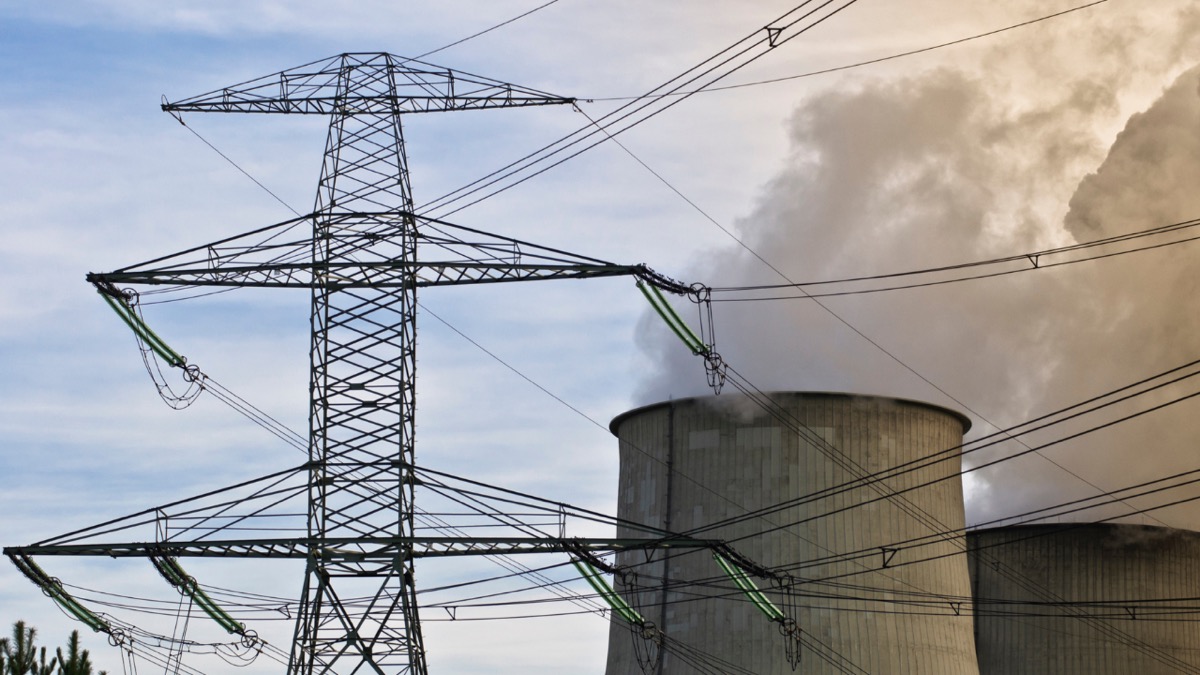Coal-fired generators still Philippines’ top source of electricity

Coal-fired power plants remain the leading source of energy in the Philippines although others such as renewable energy increased their contribution to the generation capacity of the power grid, according to the Department of Energy (DOE).
Data from the agency showed the country’s installed on-grid capacity stood at 28,291 megawatts (MW) in 2023, a slight increase of 0.11 percent from 28,258 MW the year before.
Coal supplied 43.9 percent of the energy mix with 12,406 MW, although this represented a 0.17-percent decrease from 12,428 MW previously.
Renewables came second with 8,417 MW, an increase of 1.85 percent from 8,264 MW. It is equivalent to a share of 29.7 percent of the mix.
Among the renewable sources of electricity, solar power plants registered an increase of 8.03 percent with 1,653 MW.
Meanwhile, the installed capacity of hydropower plants increased by 1.44 percent to reach 3,799 MW.
Capacity from geothermal facilities was unchanged at 1,952 MW.
Biomass plants also sustained a decrease—4.25 percent—to end with 585 MW.
Oil-based power plants were at the third spot with 3,737 MW, down by 2.52 percent from 3,834 MW.
Also, natural gas plants’ aggregate capacity was unchanged at 3,732 MW.
Oil and gas facilities each held a share of 13.2 percent of the power mix.
The DOE excluded energy storage systems in tallying the installed capacity in on-grid areas but said their total capacity hit 469 MW, surging by 143 percent from 193 MW.
Further, power plants not connected to the power grids or those servicing remote areas registered an installed capacity of 684.67 MW in the previous year, a growth of 1.63 percent from 673.68 MW.
Oil-based power plants continued to dominate the off-grid power generation mix with 612.362 MW or 89.4 percent of the total.
Renewable facilities were a distant second with 57.304 MW or an 8.4 percent share while coal plants had 15 MW or a 2.2-percent share of the mix. INQ
















